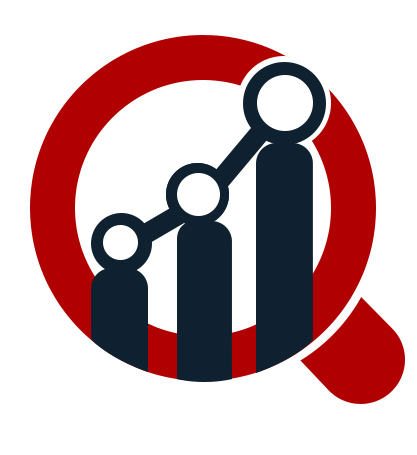Anti-Aging Cosmetics Products Market Highlights
The global anti-aging cosmetics products market is expected to register a growth rate of 5.7% during the forecast period of 2019 to 2024 to reach USD 50.5 billion by 2024. Aging is a biological process, caused by a combination of intrinsic or endogenous and extrinsic or exogenous factors. Also, skin and hair health and beauty are considered among the principal factors representing the overall well-being of individuals. Manufacturers have developed various products with different formulations and ingredients to tackle the skin related issues that are related to ageing in recent times. Thus, these factors are expected to boost the market growth during the review period.
Request a FREE Sample Copy of Report @ https://www.marketresearchfuture.com/sample_request/8026
Major Key Players Analysis
Some of the key players in the global anti-aging cosmetics products market are L’Oréal S.A. (Frace), The Himalaya Drug Company (India), The Estée Lauder Companies Inc. (US), Lotus Herbals Pvt. Ltd. (India), Allergan plc (Ireland), Unilever PLC (UK), PhotoMedex, Inc. (US), Emmbros Overseas Lifestyle Pvt Ltd (India), The Procter & Gamble Company (US), Kaya Limited (India), The Face Shop Co., Ltd. (South Korea), Innisfree Corporation (South Korea), Christian Dior SE (France), LR Health & Beauty Systems GmbH (Germany), and Henkel AG & Company, KGaA, (Germany).
Key Developments
- In January 2018, The Estée Lauder Companies Inc., a US-based skincare, makeup, fragrance, and hair care products manufacturer, launched the Perfectionist Pro collection. The collection included two anti-aging serums named Rapid Firm + Lift Treatment Acetyl Hexapeptide-8 and Instant Wrinkle Filler Tri-Polymer Blend.
Segmentation
The global anti-aging cosmetics products market has been segmented based on product type, nature, and distribution channel.
Based on product type, the global anti-aging cosmetics products market has been segmented into skincare, haircare, and others. The skincare segment has been further segmented into anti-wrinkles, anti-pigmentation, anti-skin sagging, and other skincare products. Haircare segment has been further classified as anti-thinning, anti-damage, and other haircare products.
The skincare segment is expected to account for the largest share of the Global Anti-Aging Cosmetics Products Market during the forecast period. The changing lifestyles, increasing pollution in most parts of the world, and unhealthy eating habits are the major issues causing premature skin aging in people. In addition, increasing awareness about these products controlling or slowing down the aging process is expected to boost the growth of the global anti-aging cosmetic products market during the review period. These properties are expected to boost the use of anti-aging products among the consumers during the forecast period. The same segment is projected to exhibit the highest growth rate due to increasing prevalence of skin-related issues as compared to other hair and body related issues.
The global anti-aging cosmetics products market has been bifurcated, by nature, into natural and conventional. The conventional segment is expected to account for the larger market share owing to the easy availability and lower prices of conventional anti-aging cosmetics products as compared to naturally manufactured products. However, the natural segment is projected to register the higher CAGR during the forecast period due to the rising inclination of consumers toward natural products.
By distribution channel, the global anti-aging cosmetics products market has been segmented into store-based and non-store-based. The store-based segment has further been divided into supermarkets and hypermarkets, specialty stores, and others. However, the non-store-based segment is projected to register the higher CAGR due to the increasing adoption of e-commerce in the consumer goods retail.
Access Anti-Aging Cosmetics Products Market Data and Information @ https://www.marketresearchfuture.com/reports/anti-aging-cosmetics-products-market-8026
Regional Insights
The global anti-aging cosmetics products market has also been segmented, by region, into North America, Europe, Asia-Pacific, and the rest of the world.
The market in North America is expected to be the fastest growing during the forecast period owing to the increasing use of anti-aging products. In addition, consumers are becoming more aware about the harmful effects of UV rays on the skin and unhealthy eating patterns which cause premature aging.
The market in Asia-Pacific is expected to account for the largest share of the global anti-aging cosmetics products industry owing to the high product innovation by the major players in the countries such as South Korea and China.
Media Contact
Company Name: Market Research Future
Contact Person: Abhishek Sawant
Email: Send Email
Phone: +1 646 845 9312
Address:Market Research Future Office No. 528, Amanora Chambers Magarpatta Road, Hadapsar
City: Pune
State: Maharashtra
Country: India
Website: https://www.marketresearchfuture.com/reports/anti-aging-cosmetics-products-market-8026

